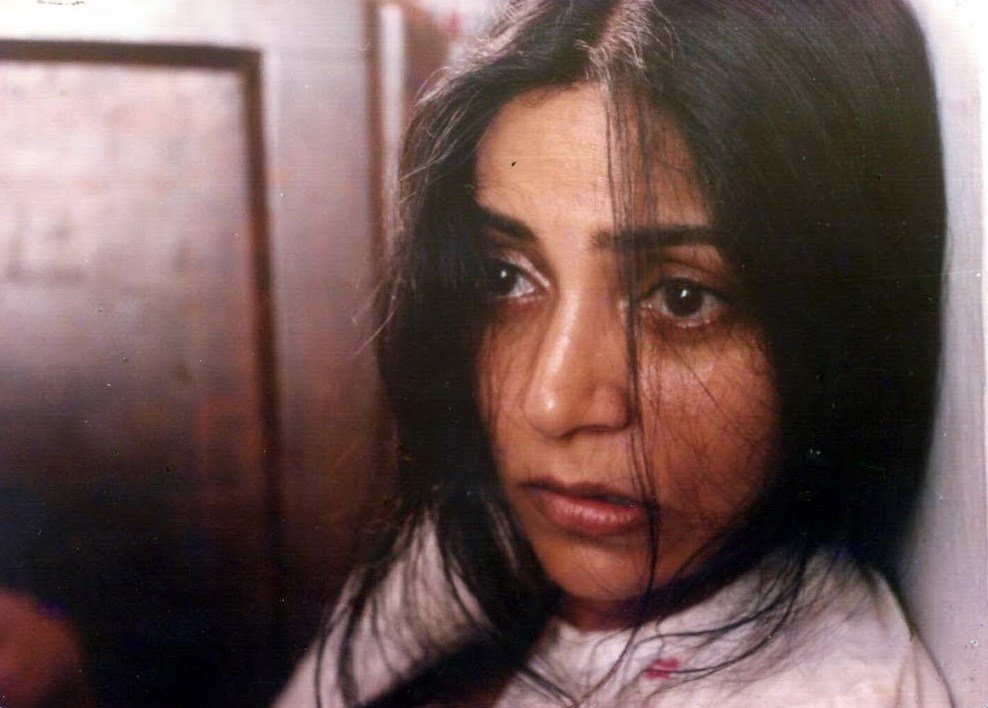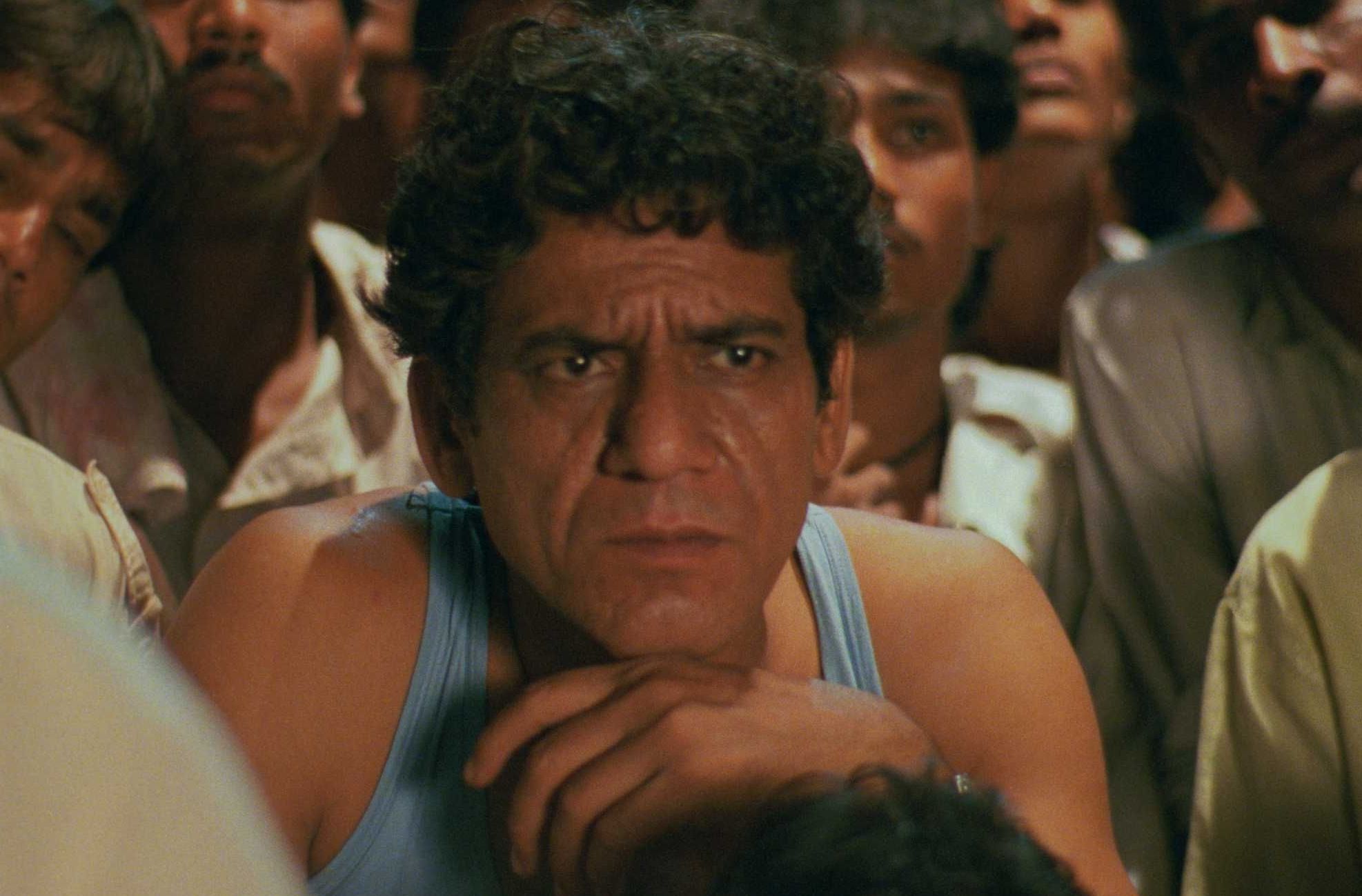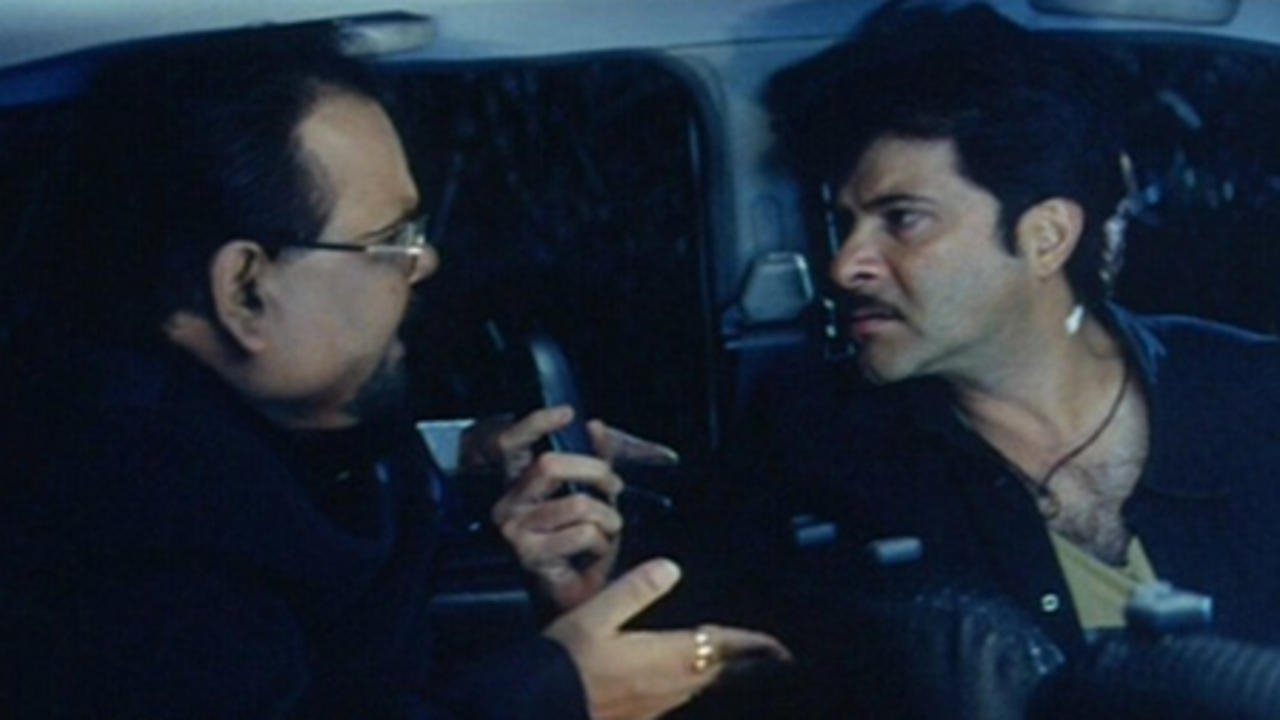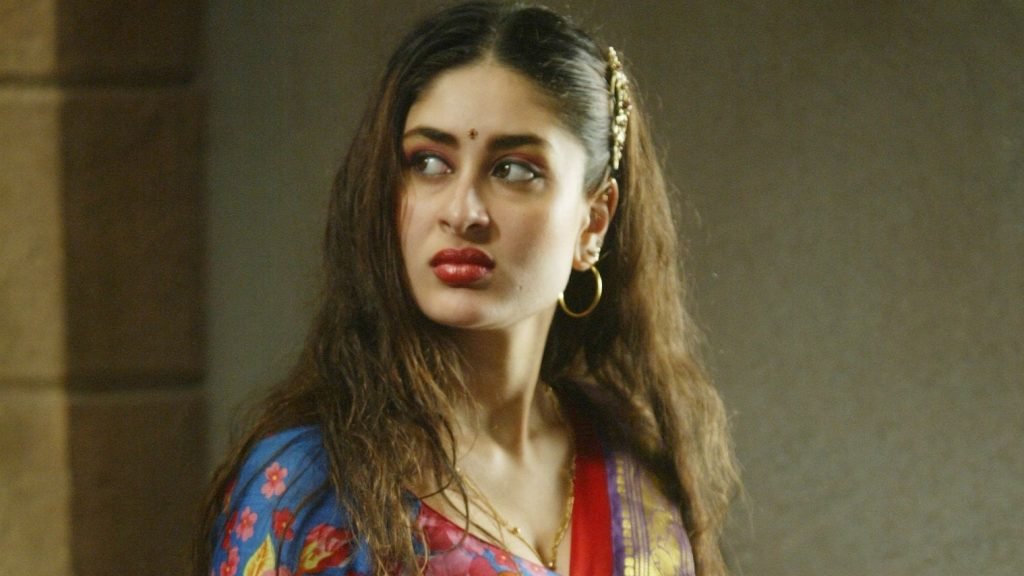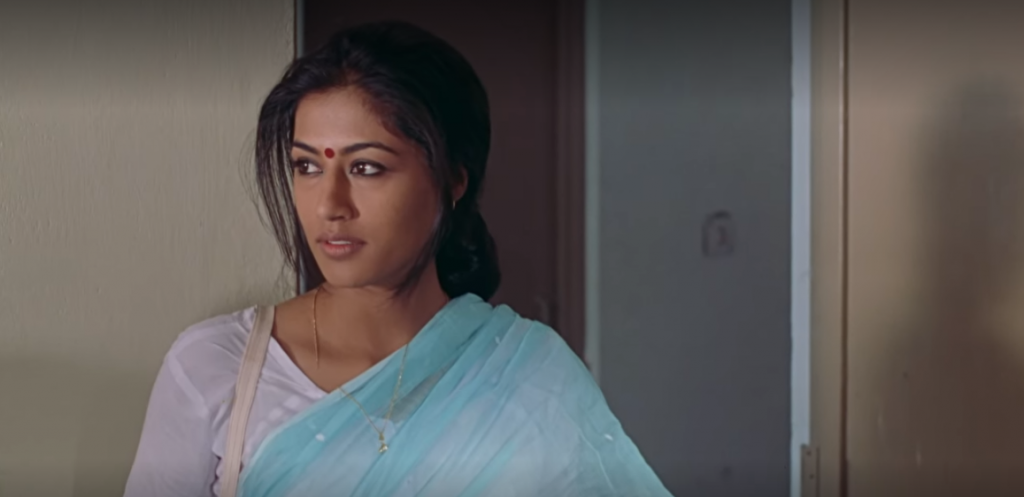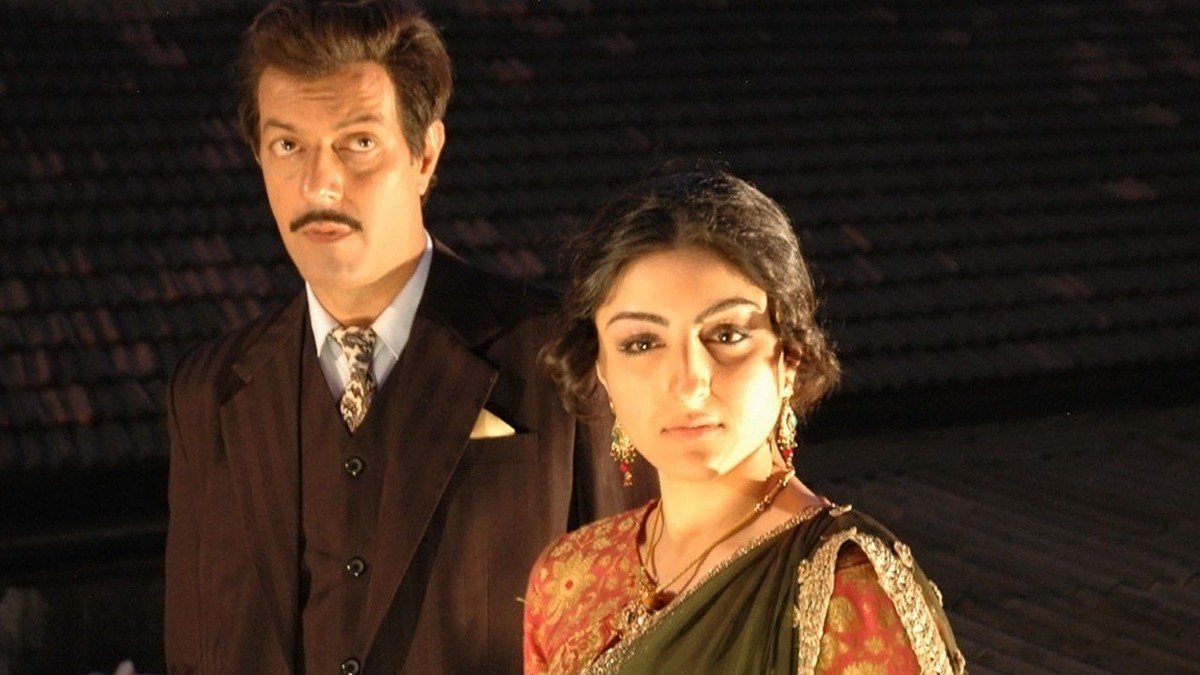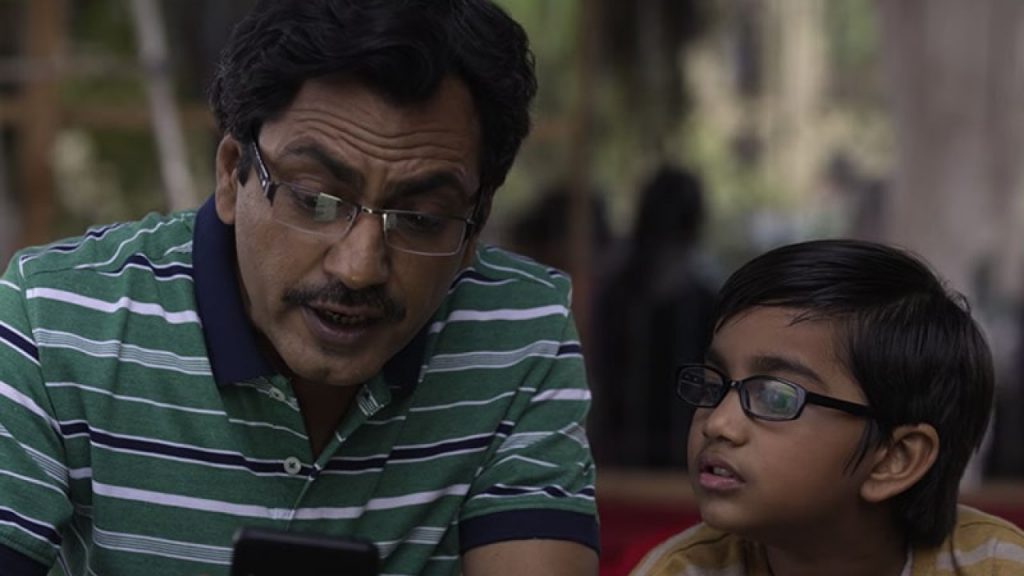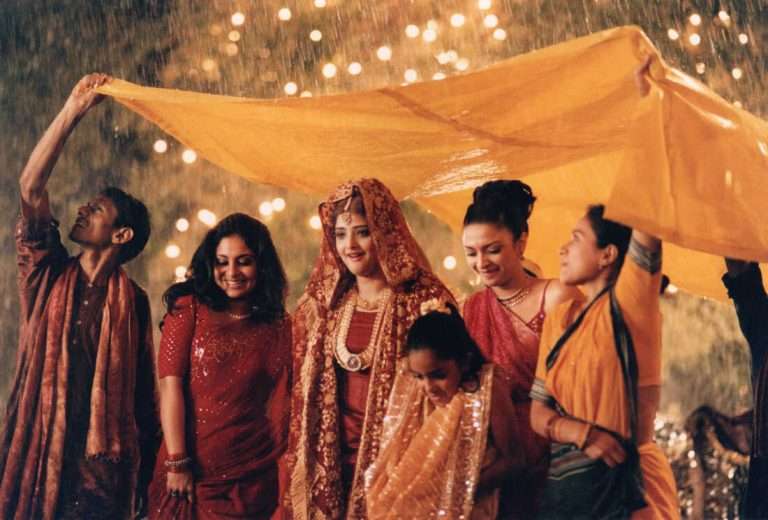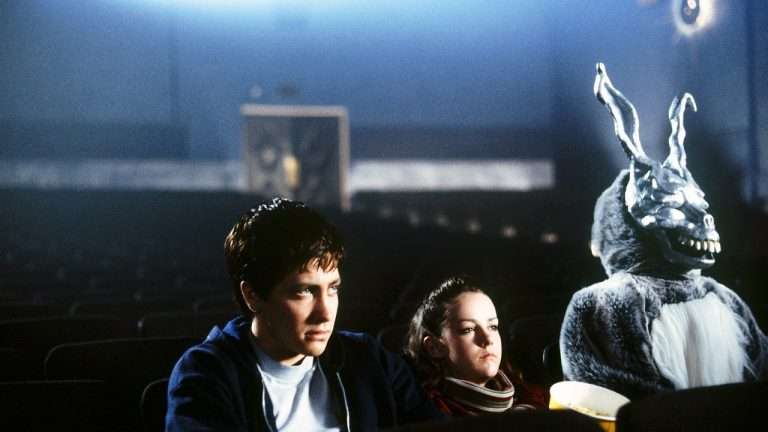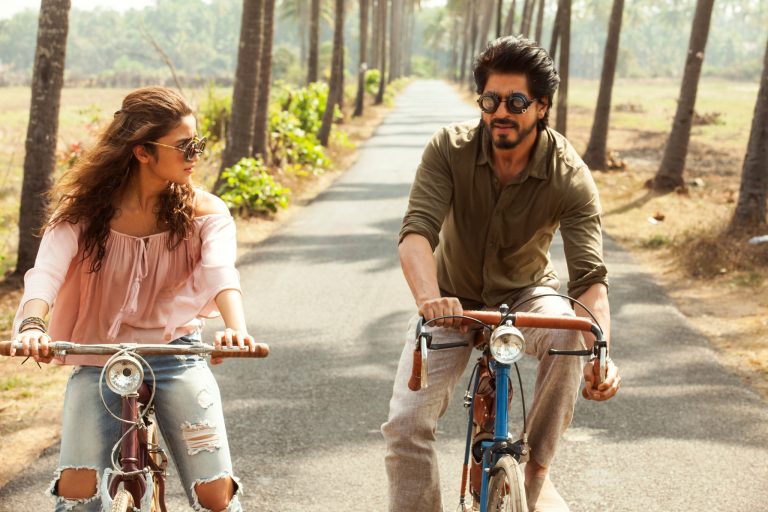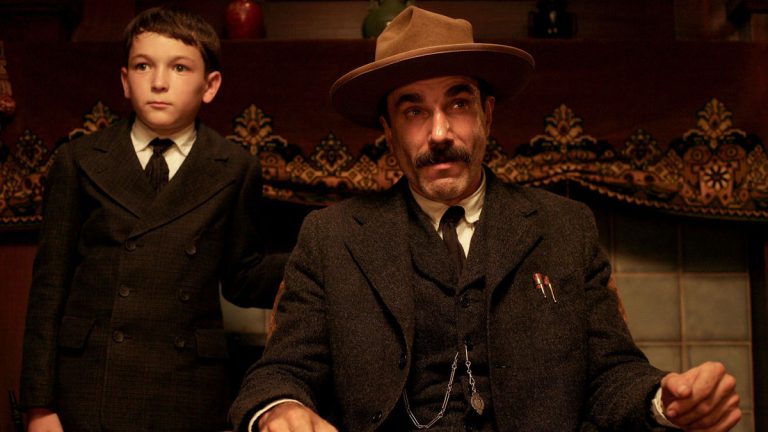Sudhir Mishra’s films are intimate human dramas that illuminate the politics of everyday life and are affected by the forces of socio-political reactionism. His early cinematic creations tackled the rejection of the values, forms, performance modes, and the style of the mainstream, commercial cinema with privileged entertainment values, spectacular display, and melodrama. His out-of-the-box thought process has helped him to establish aesthetic conventions and modes of production of the Hindi film industry, and has also challenged the boundaries between what is alternative and mainstream.
What Sudhir Mishra created was a vision of cinema as an expressive art form, an inspirational form, and a sense of connectedness to a larger and serious international and niche national artistic enterprise that is motivated by the drive to know and represent the world adequately. His films did not shy away from expressing reality in its broadest sense, highlighting varied aesthetic forms, demonstrating, and engaging reality with a renewed form of modernism.
With his no-frills visual style and lean, sequential narratives, Mishra was not out to impress anyone with technique. He expresses a lot of optimism about the power of cinema to change our perspective towards a rigid society. The complex world of Sudhir Mishra’s cinema brings together a range of cinematic practices and the urban experience, and engages with the dynamism of popular cinema in the country’s sprawling metropolitan life. Backed by the strength of their storytelling and sculpted narrative, most of his films have reinvigorated the art of cinema with a dewy identity and the possibility of the existence of a sensible and mature cinema.
Sudhir Mishra had worked with some of the prominent actors of the country, including individuals from the so-called serious cinema, as well as popular actors from Bollywood. Renu Saluja collaborated in most of his films until her untimely death in the year 2000. The year 2019 marked a new phase in his career as he entered the domain of web series with Hostages, streaming on Hotstar. The show is adapted from an Israeli series with the same name. Here are 10 Best Films by Sudhir Mishra:
1. Yeh Woh Manzil To Nahin (1987)
Three old men, Shamsher Singh (Manohar Singh), Akhtar Baig (Habib Tanvir), and Murli Manohar Joshi (B. M. Shah), are former college friends. They travel by train from Bombay to Raipur, on the eve of the centenary celebration at their boarding school, forty years later. As the journey proceeds, they discuss amongst themselves the golden period of their student days when they were involved in anti-social activities. Meanwhile, serious political unrest is taking place in Rajpur, which inadvertently affects the approaching celebration.
As the three friends watch the unwinding of these events, they remember their disappointments from the past when, under similar circumstances, they acted in disagreement with their values and ethics. The debut of Sudhir Mishra went on to win the Best Debut Film of a Director, at the 34th National Film Awards that Ceremony took place in September 1987, for an incisive analysis of history as seen through the eyes of three elderly freedom fighters and its impact on their stand against social injustice in contemporary times. The film was self-financed by Mishra and has been adorned with the acting chops of actors like Pankaj Kapur, Naseeruddin Shah, Rajendra Gupta, Alok Nath, Sushmita Mukherjee among others.
2. Main Zinda Hoon (1988)
The Sophomore feature by Sudhir Mishra narrates the tale of a girl from a village, Beena (Deepti Naval), who gets married to Alok (Alok Nath). Her newlywed husband flees away from his duty towards his newlywed wife as well as to his family. Beena’s in-laws are reluctant to accept her as their daughter-in-law. But as she starts earning a livelihood and supporting the in-laws, she gets acceptance in the family.
She even falls in love with her colleague, Ravi (Pankaj Kapur). And then a turning point in her life was a dramatic crisis. Her husband returns to her life, and the family members question her character. The film highlights the subtle suppression of women as a practice carried out in their own homes and even perpetuated by other women.
The film was produced by the National Film Development Corporation of India (NFDC) and distributed by Doordarshan. At the 36th National Film Awards, that Ceremony took place in September 1989, the film won the Best Film on Other Social Issues for portraying with redeemed finesse the saga of the agony of the middle-class working woman. Deepti Naval has delivered one of the finest performances of her film career.
3. Dharavi (1991)
The third feature film from Sudhir Mishra, as a director, narrates the story of Raj Karan Yadav (Om Puri), a taxi driver by profession, who has bought a taxi by paying in small installments. He resides in Dharavi, the biggest slum in the world, in abject poverty and destitute conditions in a small tenement. His wife, Kumud (Shabana Azmi), also earns money for the family.
Raj has two dreams in his life. The first is to own his taxi, and secondly, to start his own business of dyeing clothes. But destiny has some other plans for the ambitious soul. Madhuri Dixit and Anil Kapoor have a guest appearance in the film. At the 39th National Film Awards that Ceremony took place in 1992, the film won the award for Best Feature Film in Hindi for its affirmation of the indefatigable human spirit of survival.
The award was shared with Arun Kaul’s Diksha (1991), and coincidentally, NFDC and Doordarshan had produced both the films. Dharavi also won two other National Film Awards. National Film Award for Best Editing for Renu Saluja’s dexterity in creating the right timing and rhythm, with the dexterous juxtaposition of sound and visuals. And National Film Award for Best Music Direction for Rajat Dholakia’s music, which has been used as an integral part of the film’s structure, furthering the meaning and dimensions of the theme.
4. Is Raat Ki Subah Nahin (1996)
The film narrates the plight of an advertising executive, Aditya (Nirmal Pandey), whose normal life turns topsy-turvy one night when his wife, Pooja (wife (Tara Deshpande), learns about his affair with Malvika (Smriti Mishra) and tension arises. Meanwhile, Aditya slaps a gangster Ramanbhai (Ashish Vidyarthi) and puts another trouble into his life. What ensues thereafter is a suspenseful account of the chase between the pursued and the pursuer.
Popular Bollywood filmmaker Nikkhil Advani was one of the co-writers of the film. The film had shades of a gritty gangster drama that went for realism by depicting the underbelly of the criminal world with such brutal honesty in contrast with the secure and rich lives of middle-class people, comprising a major section of the maximum city. In the year 1997, at the Star Screen Award, the film won two awards. Renu Saluja for Best Editing and Ashish Vidyarthi for Best Villain.
The film has some memorable songs composed by the composer MM Kreem that are not only melodious but also work with the tempo of the film. The lyrics of the film by Nida Fazli also work thematically with the film. The popular South Indian heartthrob R Madhavan made his first appearance in a Hindi film as a singer in the club humming ‘Chup tum raho’.
5. Calcutta Mail (2003)
This film was Sudhir Mishra’s first big-budget venture with popular actors from Bollywood. It is a remake of the successful Telugu film Choodalani Vundi (1998) directed by Gunasekar. The Hindi version narrates the tale of a father, Avinash (Anil Kapoor), who, in search of his son Ishu, arrives in the city of Calcutta and has to find a criminal,l Lakhan Yadav (Sayaji Shinde). Through flashbacks, the viewers are presented with the menace that Avinash and his now-deceased wife, Sanjana (Manisha Koirala), have gone through. As the story of the film moves forward, surprise and betrayal await the protagonist.
6. Chameli (2003)
The film presents the viewers with an unlikely situation where a prostitute, Chameli (Kareena Kapoor), and an investment banker, Aman Kapoor (Rahul Bose), meet one rainy night and stay together for a good length of time due to the heavy shower. But the movie is not a confessional drama, and the characters don’t rush into revelations. There is patience at work, even a reticence, that reflects who they have become. They have responsibilities,s and they no longer have a quick instinctive trust. They are wary of revealing too much as the lingering presence of class division keeps them at bay.
In the year 2004, the film won two Filmfare Awards. Asim Bajaj for Best Cinematography and Kareena Kapoor got the Special Award for Best Performance. The song ‘Bhage Re Man’ picturized on Kareena, sung by Sunidhi Chauhan, is one of the major highlights of the film.
7. Hazaaron Khwaishein Aisi (2005)
Hazaaron Khwaishein Aisi follows the rise of student radicalism and how universities became centers for serious political debates. The three protagonists, Siddharth Tyabji (Kay Kay Menon), Geeta Rao (Chitrangda Singh), and Vikram Malhotra (Shiney Ahuja), capture the spirit of the times.
As Siddharth and Geeta develop a genuine concern for the revolutionary movement and set about changing the society, Vikram becomes cynical toward the abstractions of student politics. In one of the early rally scenes, a leader mentions the name of Adolf Hitler in his speech. A confused villager asks a fellow sitting nearby, “Who’s Hitler?” and the other villager (who is equally confused) utters, “He’s not from our village.”
In a satirical scene, Mishra hints at the political ideologies and radical idealism of the left-wing revolutionaries who were disengaged with the ground realities of rural India — a strong critique of the entire established credo regarding the movement. In every individual, there lives an idealist, a revolutionary, and an opportunist. But over time, as a matter of common experience, this spirit either dies out or becomes dormant. Hazaaron Khwaishein Aisi critically investigates such primal traits of human aspirations.
The protagonists’ character arcs are complex and multi-layered. Siddharth firmly believes in his political ideologies; he’s an upright rebel with a genuine cause. But as the narrative progresses, he’s compelled to alter the route of his journey because the world will not change and align with his beliefs.
Later in the film, Siddharth mentions that he is studying medicine because he now believes that the mysteries of the human body will be less confusing, while Vikaram — who was never convinced of his peers’ political ideologies — evolves into a high-profile power fixer in the corridors of Delhi’s political stratum. Ultimately, though, he becomes a victim of police brutality while attempting to save Siddharth and Geeta from a difficult situation.
Also Read: The 25 Best Bollywood movies on Netflix
8. Khoya Khoya Chand (2007)
Sudhir Mishra creates the bygone era of the 50s and 60s Hindi film industry, where the story of the film traces the personal as well as professional journey of an actress, Nikhat (Soha Ali Khan). The events of the film are narrated by an assistant director, Shaymol (Vinay Pathak). The film draws the attention of the viewers with its references, setting, and old-fashioned celebration of cinema. The film emotionally succeeds in portraying Nikhat as somebody who may not have been very likable but was nevertheless deserving of sympathy, respect, admiration, and awe.
9. Inkaar (2013)
In the year 2013, the #MeToo movement was not a part of our lexicon, and allegations of sexual abuse by women against men in positions of power getting away with using their position to harass and assault did not spark a global outrage. But this film was made a few years before the initiation of a firestorm over sexual harassment addressed the issue of sexual harassment at the workplace.
Maya Luthra (Chitrangada Singh) and Rahul Verma (Arjun Rampal) work in an advertising company and were having an affair. The situation takes a grim shape when Maya accuses Rahul of sexually harassing her. The film also tackles the sensitive issue of consensual sex, while throwing light on the abuse of power, dynamics of privilege, and manipulation.
10. Serious Men (2020)
With Serious Men, Sudhir Mishra, whose last few films have faltered to deceive, bounces back with renewed mojo. Based on Manu Joseph’s novel of the same name, the film narrates the tale of Ayyan Mani (Nawazuddin Siddiqui), who works at the National Institute of Fundamental Research as the personal assistant of space scientists Dr. Arvind Acharya (Nasser).
The Research Institute serves as a microcosm, where Ayyan being an individual from the lower caste strata of the society (he is a Dalit), Dr. Acharya addresses Ayyan with the choicest of nouns such as Moron, Imbecile & Knobhead. To return the favor, Ayyan calls his boss and his ilk ‘Serious Men’ – individuals with the privilege of being in the upper echelons of caste and class.
Performance-wise, all the actors are spot-on, be it the experienced ones like Siddiqui, Nasser, Navrekar, and Prasad, or even the newcomer Aakshath Das playing Adi. Indira Tiwari, in particular, playing Ayyan’s wife, Oja, makes a strong imprint on the film. The Czech cinematographer Alexander Surkala’s evocative framings bring us close to the characters, while the editing rhythm unerringly created by Atanu Mukherjee does not let any scene outstay its welcome. However, Raat Hai Kaala Chhata, sung by the multi-talented Swanand Kirkire, fails to create the intended ripple within the story.

